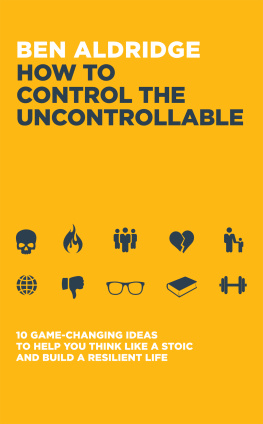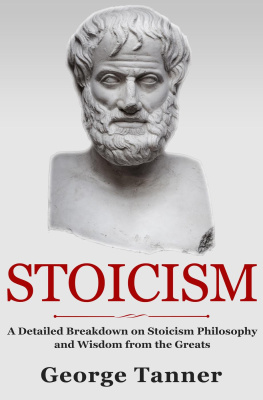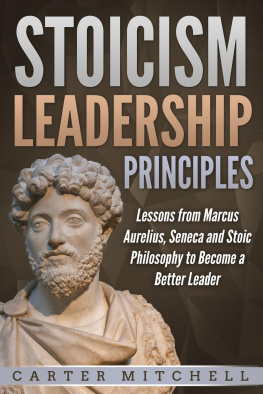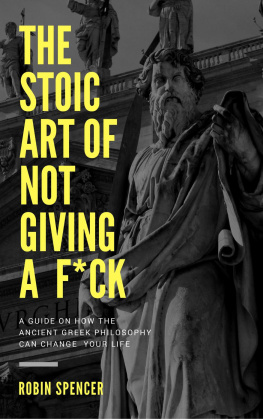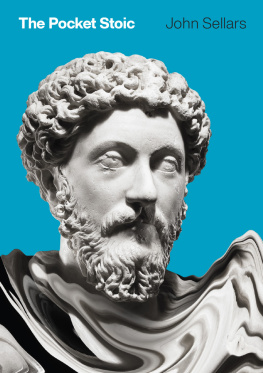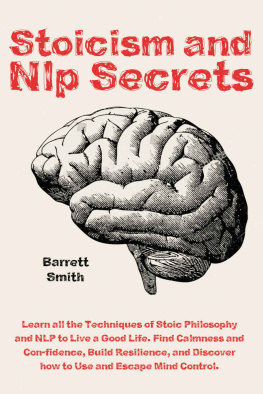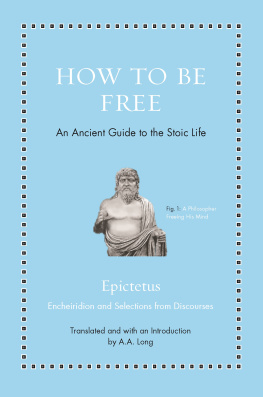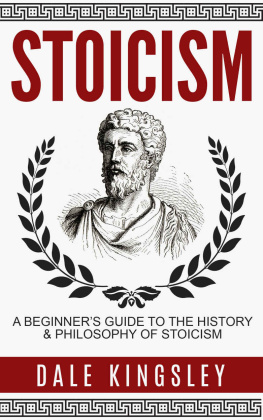


Published in 2022 by Welbeck Balance
An imprint of Welbeck Trigger Ltd
Part of Welbeck Publishing Group
Based in London and Sydney
www.welbeckpublishing.com
Design and layout Welbeck Trigger Ltd 2022
Text Ben Aldridge 2022
Ben Aldridge has asserted his right under the Copyright, Designs and Patents Act, 1988, to be identified as the Author of this work.
All rights reserved. No part of this publication may be reproduced, stored in a retrieval system, or transmitted in any form or by any means, electronically, mechanical, photocopying, recording or otherwise, without the prior permission of the copyright owners and the publishers.
A CIP catalogue record for this book is available from the British Library
UK eBook ISBN 978-1-80129-059-3
US eBook ISBN 978-1-80129-060-9
Typeset by Lapiz Digital Services
Note/Disclaimer
Welbeck Balance encourages diversity and different viewpoints. However, all views, thoughts, and opinions expressed in this book are the authors own and are not necessarily representative of Welbeck Publishing Group as an organization. All material in this book is set out in good faith for general guidance; Welbeck Publishing Group makes no representations or warranties of any kind, express or implied, with respect to the accuracy, completeness, suitability or currency of the contents of this book, and specifically disclaims, to the extent permitted by law, any implied warranties of merchantability or fitness for a particular purpose and any injury, illness, damage, death, liability or loss incurred, directly or indirectly from the use or application of any of the information contained in this book. This book is not intended to replace expert medical or psychiatric advice. It is intended for informational purposes only and for your own personal use and guidance. It is not intended to diagnose, treat or act as a substitute for professional medical advice. The author and the publisher are not medical practitioners nor a counsellor, and professional advice should be sought before embarking on any health-related programme.
ABOUT THE AUTHOR
Ben Aldridge writes about practical philosophy, comfort zones, mental health and adventure. Youll find him climbing mountains, learning Japanese, running marathons, solving Rubiks cubes, eating bizarre food, taking ice baths and sleeping in unusual places. The challenges that he sets for himself and his readers are often quirky, fun and demanding. Ben is the author of How to Control the Uncontrollable, How to Be Comfortable with Being Uncomfortable and the Get Out of Your Comfort Zone cards. For more information on how to connect with Ben, visit www.benaldridge.com or via his Instagram, @dothingsthatchallengeyou.
For Helen and Oli
INTRODUCTION
Just keep in mind: the more we value things outside our control, the less control we have.
Epictetus
Every single one of us will encounter tough times. Theres no escape. We will all face adversity at some point. Pain, fear, grief, boredom, anger, frustration, anxiety they are all part of our lives. This is what it means to be human. But what if there was a way to make these tough times easier? What if we could become more resilient to the challenges of life? The philosophy of Stoicism has a lot to say about this. Packed with wisdom and timeless advice, this ancient school of thought is something I wish I had known about sooner. As it happened, I had to learn the hard way
Several years ago I began experiencing severe and debilitating anxiety. There wasnt anything in particular that had triggered all of this no crisis or trauma prompted it. The anxiety snuck up on me, as if out of nowhere. I started having panic attacks which felt as if I was about to die and the world might implode inside my head. It was terrifying. Imagine the adrenaline you feel before doing something scary. Now imagine that adrenaline never going away I had this constant feeling that I was in a dangerous situation. It was relentless, exhausting and made me feel permanently on edge. I couldnt sleep. I couldnt eat properly. I felt scared all of the time. Simple things like walking to my local park and catching the bus were overwhelming and I ended up not able to leave my house.
I was so poorly educated about mental health that when I began experiencing all of these symptoms, I genuinely thought that I was dying. It felt as if I had a terminal disease and that I would soon be six feet under. I didnt understand how powerful the mind was, and I didnt think for one minute that this was a mental health issue.
The reason I mention my experience with anxiety is because it led me to discover Stoicism. In order to deal with my fear and panic attacks and better understand what was happening to me, I began reading. This wasnt casual reading, this was reading as if my life depended on it. I consumed a huge variety of books on a wide range of topics everything from psychology to philosophy to self-help. My home became a library.
Then I discovered Stoicism. This ancient Greek philosophy resonated with me deeply and I became obsessed with it. I loved its practicality it was a philosophy built on ideas that I could actually use. This advice was over 2,000 years old and yet still made perfect sense today.
The Stoics were resilience experts and would do crazy things to cultivate their mental strength. This particular element of Stoicism was my gateway into the philosophy. The Stoics believed that by practising adversity, you would be prepared for future adversity. I absolutely loved this concept! When I read about the Stoic philosopher Cato deliberately wearing something embarrassing to test out his mindset, I was hooked. Why would someone deliberately go out of their way to embarrass themselves? Being an introvert, the thought of this sent shivers down my spine.
I continued to learn about the Stoics and my obsession grew. I read about them exposing themselves to hardships by enduring the heat and the cold or sleeping on hard surfaces as a way to train their minds. I discovered that they would fast and practise poverty by wearing rough clothes and walking barefoot. This wasnt the sort of thing I associated with philosophy and it caught my attention. There were all sorts of unusual ways that the Stoics would cultivate mental resilience and I found it fascinating.
MY CHALLENGES
Inspired by these ideas, I started creating my own challenges to help me step outside of my comfort zone. This counter-intuitive method of leaning into discomfort and adversity changed everything for me and completely turned my life around. It taught me about who I was and helped me to manage my anxiety. I learned what coping mechanisms worked when I was scared and started to believe in myself again.
My personal stoic challenges were varied and tested me in several ways. Some were physical, some were mental and some were skill-based. They all pushed me outside of my comfort zone in different directions I ran my first marathon, climbed mountains and completed a long-distance walk. I started playing around with cold exposure cold showers, wild swimming and ice baths. I learned how to solve a Rubiks Cube in under a minute, began studying Japanese and learned how to fold a ton of origami models. I faced a serious fear of needles by getting acupuncture, slept on the floor and wore strange things. I learned how to memorize an entire deck of cards by just looking at each card once and taught myself to pick locks. I also queued for no reason other than to test my mindset. This is just scratching the surface there were so many ways that I pushed myself.
Next page
